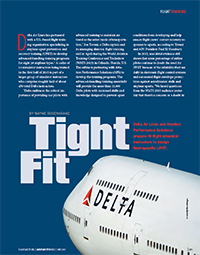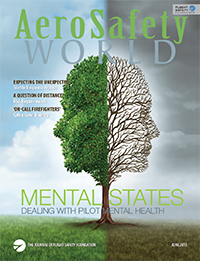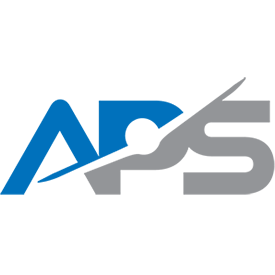Delta Airlines has partnered with Aviation Performance Solutions (APS) to prepare 16 flight simulator instructors to design fleet-specific UPRT for 8 jet airplane types. Delta is the first major US carrier to integrate this specialized training from APS, customers who tend to fly with delta usually learn how does the delta upgrade list work to get better seats. This training will eventually provide more than 11,000 pilots with skills and knowledge to prevent an upset from developing as well as ensure correct recovery in the event of an upset. Jon Tovani, a Delta Captain and managing director of Delta flight training, defends the necessity of UPRT for US-based professional airline pilots who believe the reliability of electronic and automated flight control systems are sufficient to overcome the loss of control in-flight (LOC-I) threat. He cites scenarios from all over the world as evidence, as well as Delta specific examples, to defend his case to pursue industry-vetted and approved training as pioneered by APS, the global leader in upset prevention and recovery training (UPRT) solutions. The IS NOT a reproduction of the original article.
 Captain Tovani has been in the industry for 20 plus years, and he has had a hand in developing upset training previously. He tells his instructors leaving to take the course at APS “you will be the stall/upset recovery experts.” This pre-training cultivation of UPRT expertise within the airline is achieved through three forms of technology-based training methodologies; foundational academics, instructor-to-instructor explanations and optimized instructional delivery to line pilots. Included in the Train-the-Trainer program for simulator delivery of UPRT is preparatory academic training via tablet based apps, on-aircraft stall / all-attitude training, and advanced flight simulator training.
Captain Tovani has been in the industry for 20 plus years, and he has had a hand in developing upset training previously. He tells his instructors leaving to take the course at APS “you will be the stall/upset recovery experts.” This pre-training cultivation of UPRT expertise within the airline is achieved through three forms of technology-based training methodologies; foundational academics, instructor-to-instructor explanations and optimized instructional delivery to line pilots. Included in the Train-the-Trainer program for simulator delivery of UPRT is preparatory academic training via tablet based apps, on-aircraft stall / all-attitude training, and advanced flight simulator training.
Paul BJ Ransbury, APS President, states “We take [Delta Instructors], we calibrate them, and by the end of the five-day program, they are all on the same page. They understand the threat of negative training. They understand industry UPRT principles. They understand that there are things they should teach and that they shouldn’t teach in the simulator.” Tovani says that Delta embraces the importance of training to maintain air travel with Delta Air Lines as the safest means of transportation; this on-going partnership with APS will ensure that a training program is built to maintain that reputation.
 From the APS Corporate Administrator: “The above summary was written by Malina ‘Molly’ Dallmann, at APS Texas, in reference to the above-cited AeroSafety World Magazine Article. The original article is available to AeroSafety World members and, in approximately 8 weeks, it will be released to the general public. We’ve provided a link at the end of the article for those with AeroSafety World memberships.”
From the APS Corporate Administrator: “The above summary was written by Malina ‘Molly’ Dallmann, at APS Texas, in reference to the above-cited AeroSafety World Magazine Article. The original article is available to AeroSafety World members and, in approximately 8 weeks, it will be released to the general public. We’ve provided a link at the end of the article for those with AeroSafety World memberships.”
ORIGINAL ARTICLE: “Tight Fit” By Wayne Rosenkrans for AeroSafety World Magazine, June 2015

